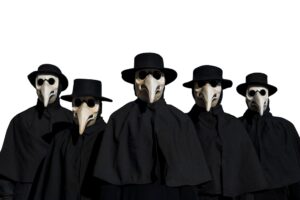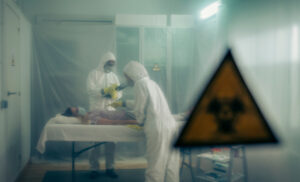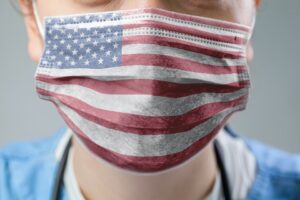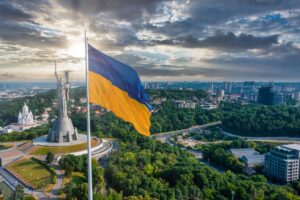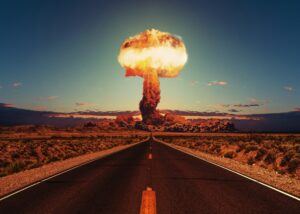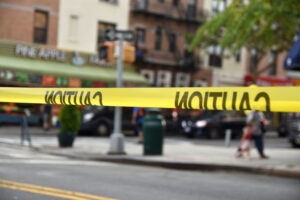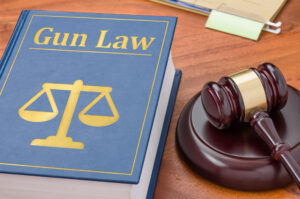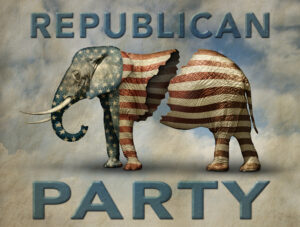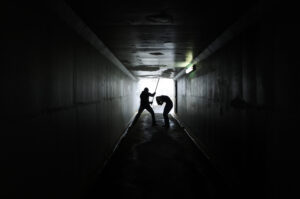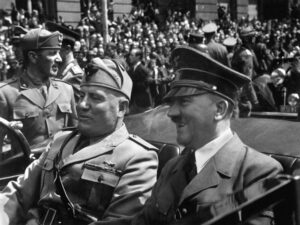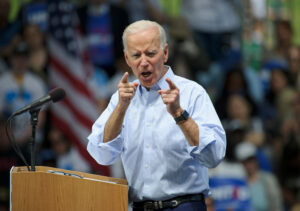The boundaries of African colonies seized by European countries in the 19th century were arbitrary, representing lines drawn on a map rather than reflecting territories occupied by subjugated peoples. This had the potential for almost limitless tribal conflict as former colonies were granted their freedom after World War II, for emergent nations often contained ethnic groups with traditional rivalries and the ensuing struggle for supremacy could be savage.
This was clearly illustrated by Nigeria’s experience after independence in 1960. The new nation sought to combine groups divided by ethnicity and religion – a process leading to serious tensions that culminated in two military coups from which Northerners emerged triumphant. When the Northern coup resulted in the murder of military and civilian members of the Igbo (or Ibo) people in 1967, they declared their homeland independent as the Republic of Biafra under the leadership of Lt Col Emeka Ojukwu. Despite recognition by some African states and tacit support from countries like France and Israel, the Nigerian FMG (Federal Military Government) wouldn’t allow the oil-rich eastern region to secede.
In the increasingly vicious Nigeria-Biafra war that followed, Igbos fought gallantly but the FMG had infinitely superior forces and ruthlessly drove back the defenders. Appalling hardship ensued for the civilian population, with massacres reported as FMG forces advanced and famine took hold after the Nigerian government blockaded Biafra and banned Red Cross aid. As the world sat on its hands and ignored the developing humanitarian disaster, hundreds of thousands died of malnutrition before Biafran resistance was crushed in 1970. This dreadful tragedy did have one positive legacy. French doctor Bernard Kouchner was so moved by the fate of starving Biafrans – especially the legion of children – that he founded Medecins sans Frontieres. This developed into one of the world’s most effective aid agencies.
When: 1967-1970
Where: Eastern Nigeria
Death toll: During the conflict more than one million people died in battle, through ethnic cleansing or (the vast majority) from starvation.
You should know: The thriller writer Frederick Forsyth was a war reporter for the BBC during the conflict before leaving to become a freelance after showing alleged bias towards the Biafrans – one of many Europeans sympathetic to their cause. His first book was not the world-famous bestseller The Day of the Jackal but The Biafra story, published in 1969 to try and tell the world how grievously Biafran people were suffering.


